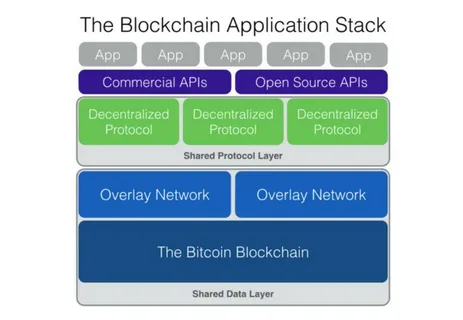
What is the Anyone Protocol?
The Anyone Protocol is a novel framework designed to enhance interoperability and communication across various decentralized networks. By leveraging blockchain technology, this protocol aims to facilitate seamless interactions between different systems, platforms, and applications. The core objective is to create a universal standard that allows disparate networks to communicate efficiently without requiring extensive modifications to their existing infrastructures. This protocol is particularly relevant in the context of the growing complexity of digital ecosystems, where diverse technologies often need to work together in harmony.
Key Features and Benefits
One of the standout features of the Anyone Protocol is its ability to support cross-chain communication. This means that data and assets can be transferred between different blockchain networks, such as Ethereum and Bitcoin, without the need for intermediary steps. Additionally, the protocol supports a range of consensus mechanisms, allowing it to adapt to various network conditions and requirements. This flexibility ensures that the protocol can be integrated into both public and private networks, enhancing its utility across different sectors. The benefits include increased efficiency, reduced costs associated with interoperability, and enhanced user experiences through more streamlined interactions.
Use Cases and Applications
The Anyone Protocol has a wide array of applications in both the private and public sectors. In the financial industry, it can facilitate real-time settlement of cross-border transactions, reducing delays and transaction fees. In supply chain management, the protocol can improve transparency and traceability by enabling different parties to access and verify shared data seamlessly. Moreover, the protocol is useful in the realm of IoT (Internet of Things), where it can connect various devices and systems to enable more cohesive and automated operations. By supporting diverse use cases, the Anyone Protocol demonstrates its versatility and potential to drive innovation across multiple industries.
Future Prospects and Challenges
As with any emerging technology, the Anyone Protocol faces several challenges that need to be addressed for widespread adoption. One major concern is the need for standardization and governance to ensure compatibility and security across different implementations. Additionally, there are technical challenges related to scaling the protocol to handle large volumes of transactions and data. Despite these hurdles, the future prospects for the Anyone Protocol are promising. Ongoing developments and collaborations with industry stakeholders are expected to address these challenges and further refine the protocol. As it evolves, the Anyone Protocol has the potential to become a cornerstone of the digital economy, driving greater integration and efficiency in the decentralized world.
